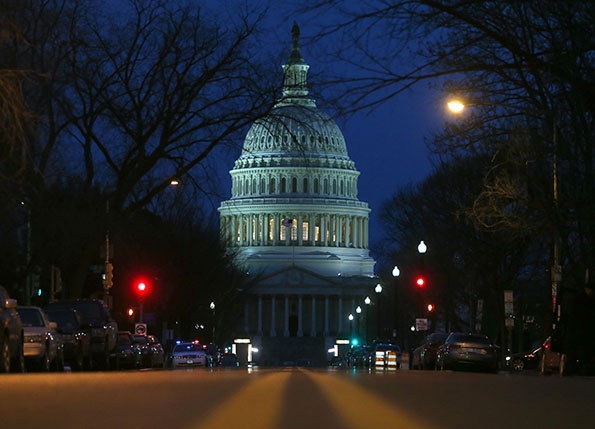May 29, 2016

The outlook for the livestock, dairy and poultry industries was the focus of the Senate Agriculture Committee and the House Agriculture Livestock Subcommittee hearings last week. The witnesses representing the pork, beef and poultry industries focused on which policies and legislation offered opportunities and challenges for the various sectors.
The Trans-Pacific Partnership and USDA’s potential Grain Inspection, Packers and Stockyards Administration rule were at the top of the list. The National Pork Producers Council said that government policies can either offer opportunities or pose challenges to pork producers. NPPC said the TPP trade agreement could provide positive opportunities for pork producers, representing for the U.S. pork industry the biggest commercial opportunity ever negotiated and urged Congress to quickly pass TPP.
A major concern of NPPC is USDA’s plans to move forward on the GIPSA rule. NPPC is very concerned that USDA’s GIPSA rule will be “too expansive, limiting farmers’ ability to sell animals, dictating the terms of private contracts, making it harder to get farm financing, raising consumer prices and reducing choices, stifling innovation and leading to more vertical integration in the livestock industry.” USDA’s 2010 proposed GIPSA rule would have cost the U.S. pork industry $330 million annually, according to NPPC.
The National Cattlemen’s Beef Association urged Congress to pass TPP to help level the playing field. Currently Australia has a 10% tariff advantage in the Japanese beef market. The Japanese tariff for U.S. beef is 38.5% and the tariff rate for Australia is 28%. With the passage of TPP the tariff rate would be the same for both countries and would continue to decrease to 9% over 16 years. If the United States fails to pass TPP, the tariff rate advantage for Australia would continue to grow. According to NCBA, TPP would increase beef exports by nearly $1 billion.
NCBA opposes USDA’s GIPSA proposal saying it would take away a producer’s ability to market cattle the way they want to and would make USDA the “ultimate arbiter” of how cattle are marketed. However at the Senate hearing, the U.S. Cattlemen’s Association said that the Packers and Stockyards Act needs to be modernized.
You May Also Like



